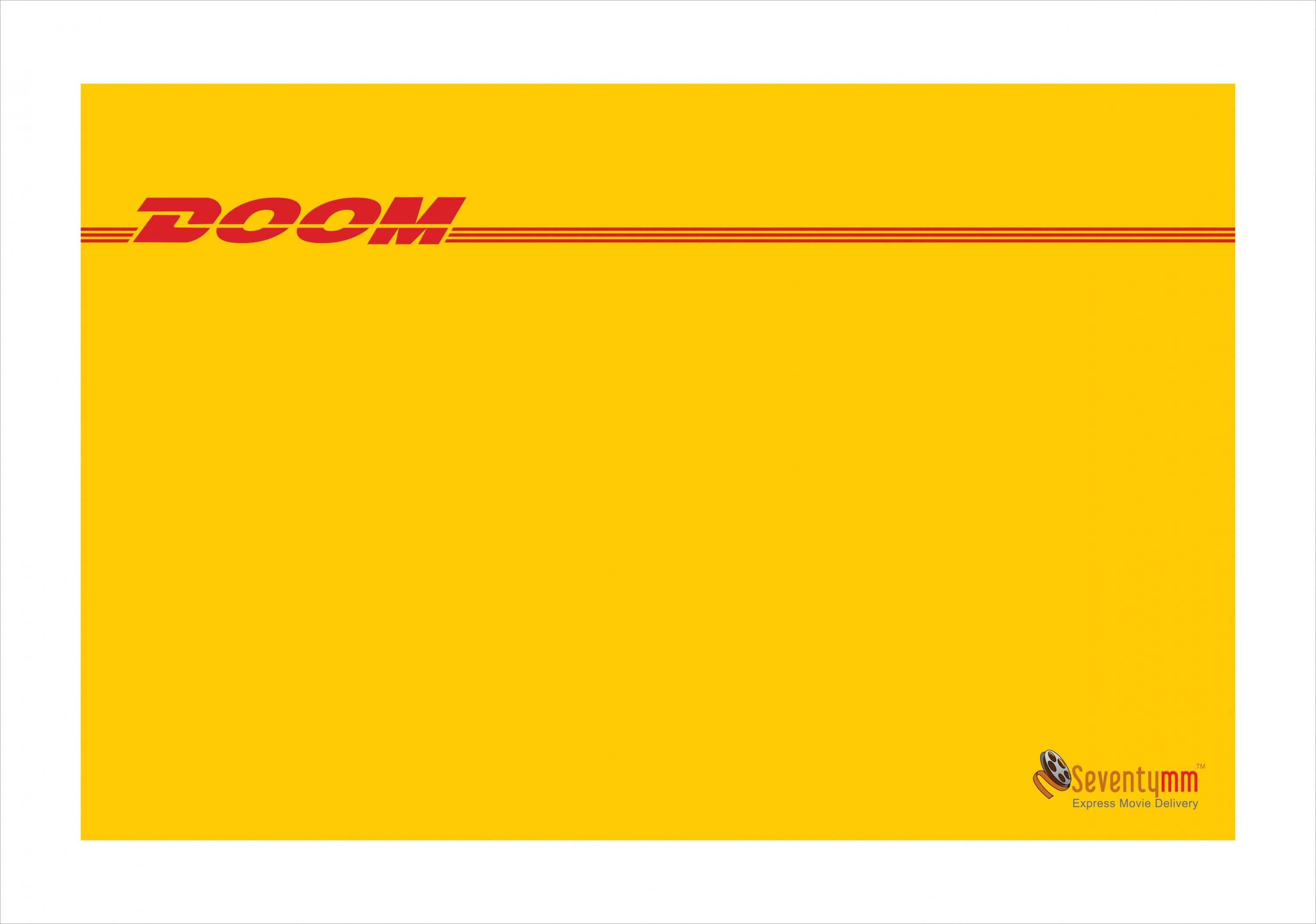Cannes Lions
SHT
EDELMAN, Toronto / IKEA / 2024
Awards:

Overview
Entries
Credits
OVERVIEW
Background
In Canada, a 13% federal tax called HST (Harmonized Sales Tax) is applied to every sales transaction. It’s a tax that’s been around since 1997, so it’s something no one thinks twice about. Until IKEA discovered that buying second-hand means paying tax twice. Even though these items lose their original look, packaging, price, and value, they never lose the tax. Every new owner must pay the HST that was already paid the first time. This unfair double taxation on second-hand items generates a whopping $720 million for the federal government. Money that should rightfully be in Canadians’ pockets.
This was a moment for IKEA to double down on our undeterred commitment to affordability and sustainability. Within our As-is (second-hand) marketplace, we re-sell everything from gently used products to furniture from our Sellback Program. So, as a leading retailer of second-hand items ourselves, we had just one thing to say: SHT.
Idea
SHT (Second-Hand Tax) is a counter tax that effectively eliminates the unfair double tax on second-hand items. HST is 13% and SHT is -13%. Meaning, customers pay 0% tax on our As-is (second-hand) items. More than just a play on letters, SHT is a bold articulation of the sentiment all Canadians felt about the unfairness and IKEA’s solution to combat it.
What started as a localized effort in one province, organically scaled to a nationwide movement. SHT even spread all the way to Sweden, where they are now investigating their country’s tax regulations to spur change in the Swedish market.
The impact on the industry was huge. IKEA galvanized Canada’s largest brands and companies around legislative change, offering a blueprint for how policies can evolve to support sustainable consumer choices and kickstarting the beginning of the end to the double tax on second-hand items, for good.
Strategy
According to a 2023 IKEA report, 45% of Canadians were concerned with their finances. Many had turned to the second-hand economy to make the most of every dollar – with 31% having purchased second-hand items more than once a month. This shift in mindset challenged us to eliminate barriers to circular shopping. That’s when we uncovered the issue of double taxation on second-hand items, which led to the insight: Even though these items lose their original look, packaging, price, and value, they never lose the tax.
IKEA believes in caring for people and the planet. SHT does both.
We targeted as many Canadians as possible by starting within our organization and taking a leadership position on affecting the federal tax policy with government. To broaden awareness and ignite conversation and change, we conducted targeted media outreach across Canada to policy, sustainability, and general news publications, urging them to join us.
Execution
On April 2nd, the start of Earth Month, IKEA educated Canadians that SHT was happening. We put out an open letter in Canada’s biggest newspapers that revealed this unfair double tax, introduced our solution, and called on everyone to join us in putting an end to it. Then, SHT was everywhere. We promoted it across IKEA stores, letting customers know that we would give them SHT back on all our As-is (second-hand) items. We announced SHT on Instagram and TikTok. Our CEO was talking SHT on LinkedIn, while journalists were covering the initiative across digital, print, online and broadcast. Brand fans and influencers made SHT even bigger, without even being paid. Canadians flocked to sign our petition on change.org. We conducted outreach to government and business stakeholders directly to get them on board. And, we convened over 100 leaders from business, government and civil society to discuss change.
Outcome
IKEA was the 1st consumer brand in Canada to propose changes to tax laws. We ignited the biggest bipartisan tax law debate in recent years, making SHT the most covered campaign in IKEA Canada’s history, starting as a single-market effort and sparking national reform.
We gained +32,000 petition signatures. Purchase intent was 81% and IKEA sustainability perceptions increased by 11%. The campaign also led to significant business impact, with a 192% increase in IKEA As-is (second-hand) sales and a 16% increase in foot traffic.
Canada’s most important tax and retail organizations, representing +235,000 members and +142,000 stores respectively, shared their interest in working with IKEA almost immediately. Most importantly, as a result of the campaign, provincial and federal decisionmakers engaged with IKEA to discuss a change in policy that would end the double taxation on second-hand items Canada-wide. **PLEASE SEE CONFIDENTIAL INFORMATION SECTION FOR ADDITIONAL RESULTS**
Similar Campaigns
12 items









